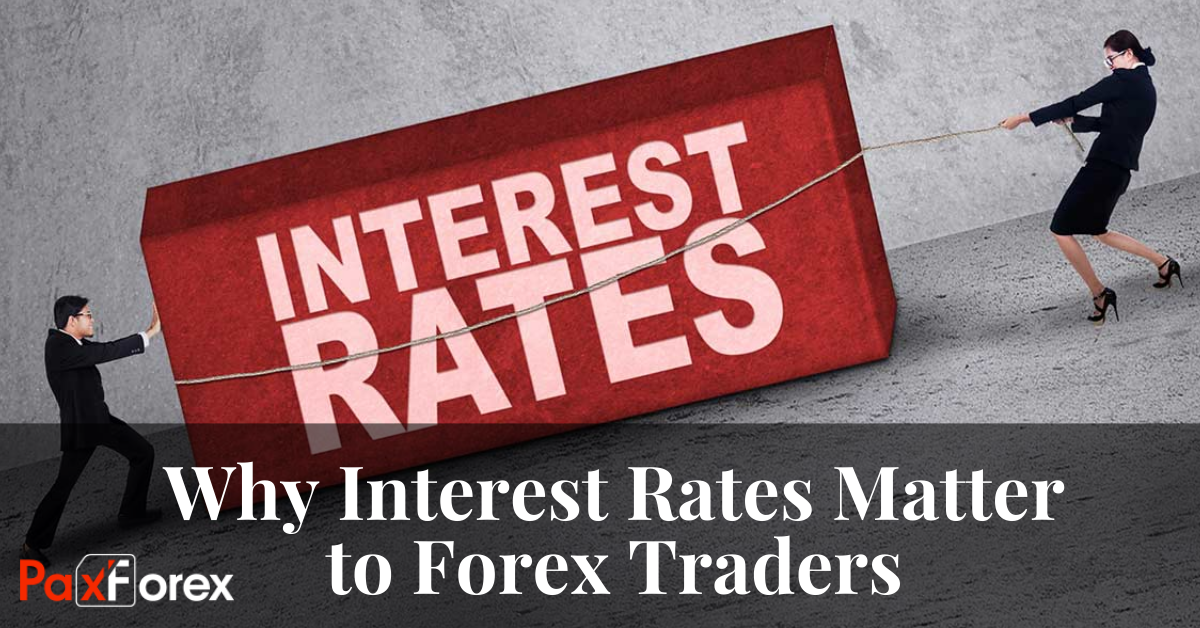
The biggest influence that drives the foreign-exchange market is interest rate changes made by any of the eight global central banks. These changes are an indirect response to other economic indicators made throughout the month, and they possess the power to move the market immediately and with full force. Because surprise rate changes often make the biggest impact on traders, understanding how to predict and react to these volatile moves can lead to quicker responses and higher profit levels.
When trading the world's $5 trillion forex market it doesn't have to be complicated. However, it is important to know what moves the market and why. After all, as a forex trader you need movement in the market to make decent profits; and generally, the bigger the better. That is why by understanding the mechanics of the forex market and what drives it you could find high probability trading opportunities that last for a long time making your life as a forex trader much more simple. Whilst there are many things that affect the forex market the biggest influence on the forex market is interest rates.
If there is one paramount factor that affects foreign exchange rates more dramatically than all others, it would most likely be interest rates set by central banks. Nearly every forex tutorial ever assembled has stressed this fact to newcomers to trading currencies. One must always be aware of interest rates, how they are trending, and what might influence them in the near-term future in, not one, but both countries involved in the forex pair. In other words, a trader must always consider interest rate differentials between currencies and how markets are responding to changes in these rates.
Interest rates play an important role in determining the prices of currencies. Since current interest rates are set by the central banks, the latter are the most influential players whose decisions determine the flow of investments to a certain country. Since, generally speaking, a currency is the representation of a country’s economy, differences in interest rates affect the relative worth of one currency compared to another. Changes to central banks’ interest rates usually cause movements, and sometimes high volatility, on the forex market. Careful speculation on central banks’ actions can increase a trader's chances for making profit.
While there are many factors that determine traders’ desire to invest in a country, comparing interest rates can be a good barometer for the strength of a country’s economy. When interest rates are high, returns to those who invest in a country are also high. It also increases a demand for further investing, which brings even more attention to the country. But every country has interest rates in some form or fashion, so it’s not just the interest rate itself that’s important; it’s also important to note the interest rate’s direction.







